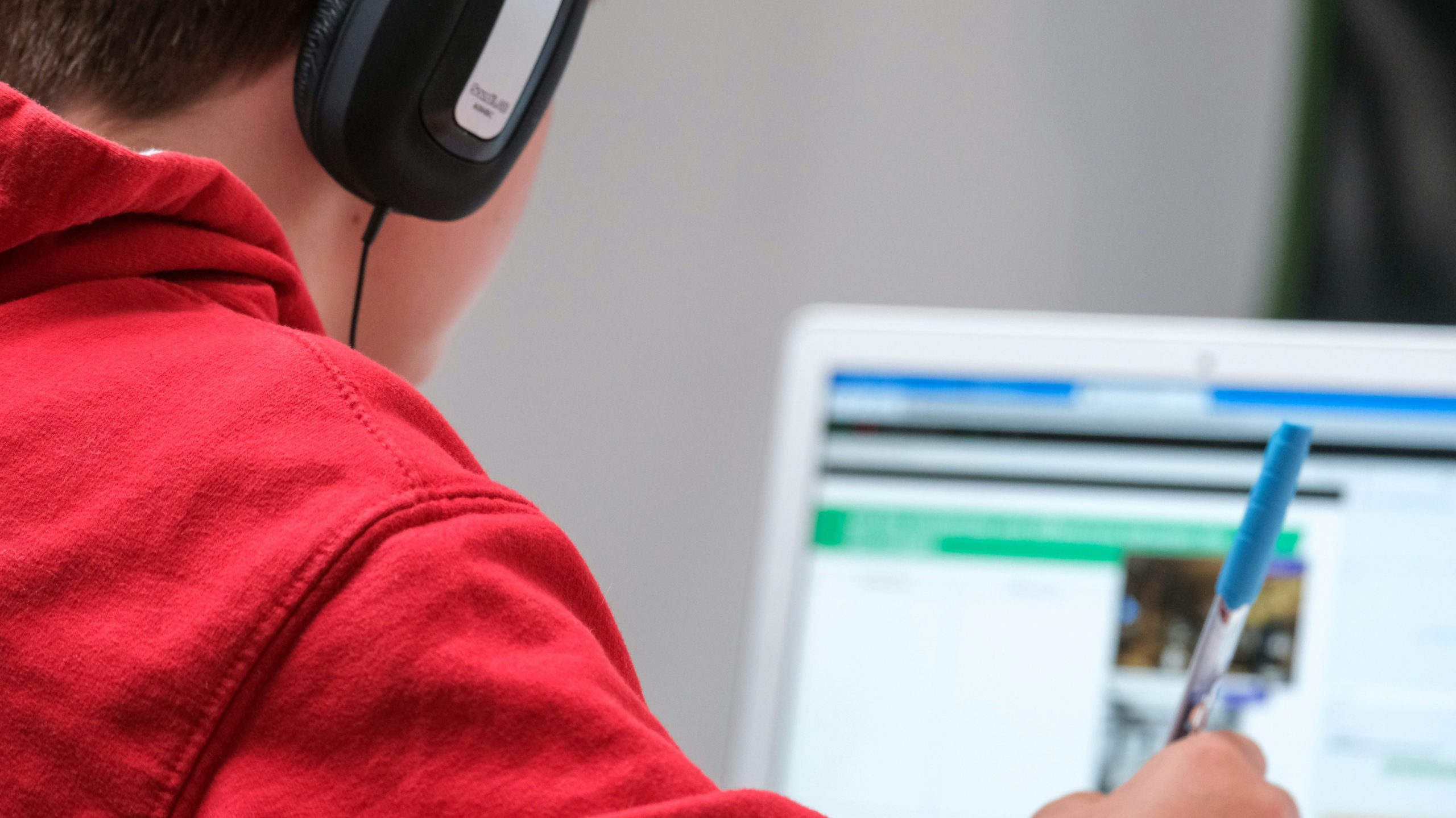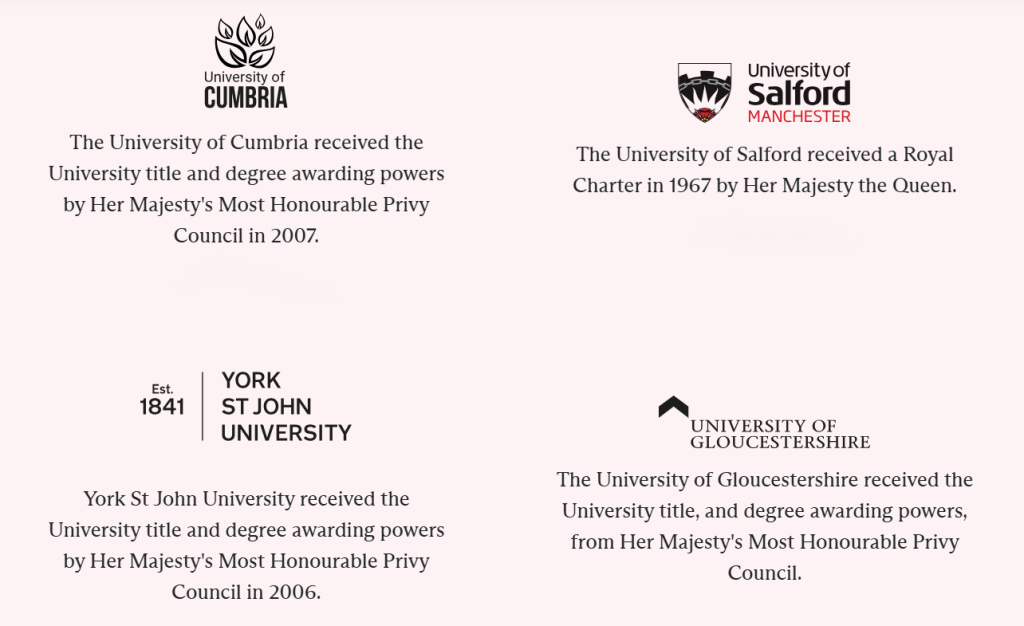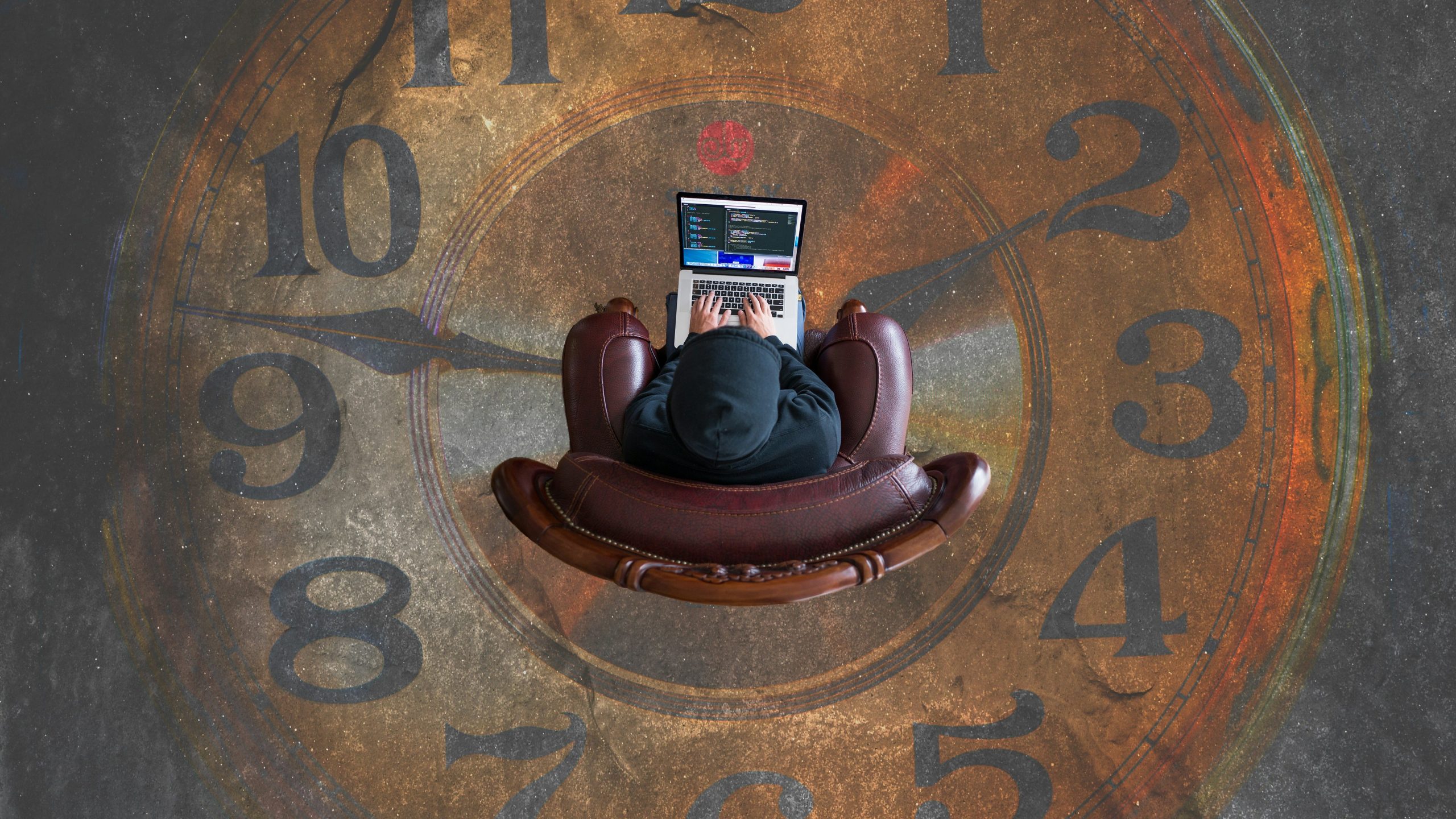Gold has fascinated humans for thousands of years, serving not only as a symbol of wealth and power but also as a reliable investment. In today’s financial markets, gold continues to play an essential role in diversifying portfolios and protecting against economic uncertainty. In 2024, it remains a popular investment option for both seasoned investors and newcomers to the financial markets. Whether you’re looking to diversify your portfolio or seeking a safe haven during economic uncertainty, gold offers unique benefits and some challenges. This guide will provide a comprehensive overview of investing in gold, exploring its pros and cons, and explaining why it continues to be a preferred choice in 2024.
Why Invest in Gold?
Gold is a unique asset, prized for its intrinsic value and long history as a store of wealth. Here are some of the key reasons why gold remains a popular investment in 2024:

- Hedge Against Inflation: Gold is often seen as a hedge against inflation because it tends to hold its value as the purchasing power of fiat currencies declines. In times of high inflation, gold prices usually rise, making it a preferred choice for preserving wealth. With global inflationary pressures continuing, especially due to geopolitical tensions and supply chain disruptions, gold has been a favored asset for those looking to protect their portfolios.
- Safe Haven During Economic Uncertainty: During periods of economic or political instability, gold is considered a “safe haven” asset. It is a tangible asset that retains value even when other investments, like stocks or bonds, may be volatile. In 2024, ongoing global uncertainties, including conflicts, pandemics, and market volatility, have driven many investors to gold as a safe harbor for their wealth.
- Protection Against Currency Depreciation: Gold is not tied to any single currency, making it a valuable asset during times of currency depreciation or devaluation. As currencies weaken, the value of gold typically increases. With some currencies under pressure in 2024 due to economic policies and global events, gold has served as a reliable store of value.
- Liquidity: Gold is highly liquid, meaning it can be easily bought or sold anywhere in the world. This makes it a flexible investment option that can quickly be converted into cash when needed. The ability to quickly liquidate gold holdings in response to market conditions has made it an attractive option in 2024’s fast-moving financial landscape.
- Portfolio Diversification: Gold has a low correlation with other asset classes, such as stocks and bonds. This makes it an excellent tool for diversifying a portfolio, as it can reduce overall risk.2024 Perspective: With stock markets experiencing unpredictable swings, diversifying with gold has been a strategic move for many investors in 2024.

How to Invest in Gold
Investing in gold can be done in several ways, each with its own set of advantages and disadvantages:
- Physical Gold
- Forms: Gold bullion, coins, and jewelry.
- Pros: Tangible asset, no counterparty risk, can be stored privately.
- Cons: Requires secure storage, insurance costs, lower liquidity compared to paper gold.
- Gold ETFs and Mutual Funds
- Overview: These funds invest in gold and are traded on stock exchanges, making it easy to buy and sell gold without needing to store it physically.
- Pros: High liquidity, ease of access, no need for physical storage.
- Cons: Management fees, no physical ownership, dependent on financial markets.
- Gold Mining Stocks
- Overview: Investing in companies that mine gold can offer exposure to gold prices as well as the potential for growth if the companies perform well.
- Pros: Potential for dividends, leveraged exposure to gold prices.
- Cons: Company-specific risks, stock market volatility, management and operational risks.
- Gold Futures and Options
- Overview: These are contracts to buy or sell gold at a predetermined price in the future, allowing for speculative investments or hedging.
- Pros: Potential for high returns, leverage.
- Cons: High risk, requires significant market knowledge, potential for losses.
- Digital Gold
- Overview: Digital gold platforms allow investors to buy and sell gold electronically, backed by physical gold stored by the platform provider.
- Pros: Convenience, fractional ownership, no need for physical storage.
- Cons: Platform risk, fees, limited regulatory oversight.
Pros and Cons of Investing in Gold
Advantages
Wealth Preservation: Gold has historically maintained its value over the long term.
Inflation Hedge: Gold typically appreciates when inflation is high.
Safe Haven: Provides stability during times of economic and political uncertainty.
Diversification: Helps reduce risk in an investment portfolio.
Liquidity: Easily bought and sold in markets worldwide.
Disadvantages
No Income Generation: Unlike stocks or bonds, gold does not generate income through dividends or interest.
Storage and Insurance Costs: Physical gold requires secure storage, which can be costly.
Market Volatility: While gold is considered stable, it can still experience significant price swings.
Capital Gains Tax: Profits from gold investments may be subject to capital gains tax, depending on your jurisdiction.
Counterparty Risk: Some forms of gold investment, such as ETFs or digital gold, involve trusting a third party.
Why Gold is Popular in 2024
In 2024, several factors have contributed to the sustained popularity of gold as an investment:

- Economic Uncertainty: Continued global economic challenges, including inflation and geopolitical tensions, have driven investors to seek safe-haven assets like gold.
- Currency Volatility: Weakening currencies in some regions have led investors to gold as a stable store of value.
- Technological Integration: The rise of digital gold platforms has made investing in gold more accessible to a broader audience.
- Sustainable Investing: Gold mining companies are increasingly adopting sustainable practices, attracting environmentally-conscious investors.
- Historical Performance: The long-term track record of gold in preserving wealth and hedging against inflation continues to attract both institutional and retail investors.
Gold remains a valuable component of any diversified investment strategy in 2024. Whether you’re looking for a hedge against inflation, a safe haven in uncertain times, or a way to diversify your portfolio, gold offers a range of benefits. However, it’s essential to consider the pros and cons and choose the right form of gold investment to suit your financial goals and risk tolerance. As with any investment, conducting thorough research and consulting with a financial advisor is recommended.
We offer a variety of programmes in financial services, finance and investment. Download the catalogue or speak to an advisor to know more about the programmes.


















